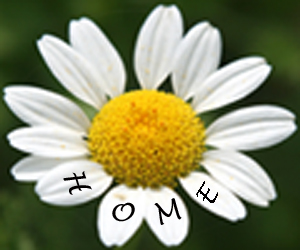The Septuagint translated מְרֹרִים, Bitter Herbs, as πικρίδων, pikria, bitterness, and noted the kind of vegetable as
Lactucae agrestes.
Maror never appears in the singular but rather as the plural merorim מרורים - it means "bitter herbs", from mar מר - "bitter".
It is one of the symbolic foods eaten by Jews during the Passover seder.
In Exodus 12:8 the Torah commands us "to eat the meat roasted over the fire, along with bitter herbs, and bread made without yeast.”
This same law is repeated in Numbers 9:11: "They are to eat the lamb, together with unleavened bread and bitter herbs."
Though we do not have the paschal sacrifice any more the obligation to eat the bitter herbs remains.
In the Haggadah, Hillel (c.110BCE-10CE) is mentioned as the founder of the custom of eating Matzah with bitter herbs and charoset.
Bitter herbs are a collective term used for lettuce, horehound, tansy, horseradish, endive and coriander seeds.
The bitter herbs symbolize the bitterness of the condition of the Israelites in Egypt: "They made their lives bitter with harsh labor in brick and mortar and with all kinds of work in the fields; in all their harsh labor the Egyptians worked them ruthlessly" (Exodus 1:14).
In the Talmud, the rabbis came up with a list of qualifications for whatever vegetable you use as maror. It should be bitter, have sap, and be grayish in appearance. It also needs to be a vegetable that grows from the earth, not from a tree. (Pesahim 39a)
The Mishnah (Pesachim 2:6) listed five items that could be used for the bitter herb:
"chazeret (חזרת), ulshin (עולשין, endives), tamcha (תמחא, a kind of cheveril), charchavina (חרחבנא, a kind of creeper), and maror (מרור, 'bitter' herb).
The Gemara concluded that the five forms of maror were listed in order of preference and that chazeret was the preferable vegetable:
- Hazereth is hassa [lettuce] = Lactuca Sativa;
- 'Ulshin is hindebi [endives] = Cichorium Intybus.
- Tamka: Rabbah B`Bar Hanah said: It is called temakta (Rashi: marrubium, hoarhound).
- Harhabina: R`Simeon B`Lakish said: [It is] the creeper of the palm tree.
- and with Maror: merirta (the Aramaic for maror).
